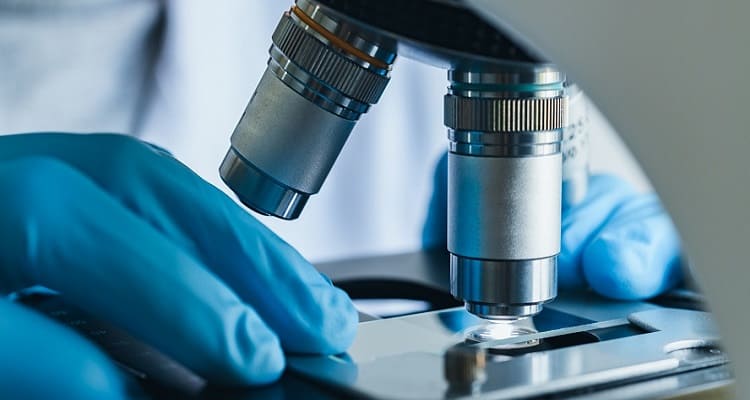GeoVax vaccine targetting virus in two places shows promise; virus may become resistant to antibody drugs
GeoVax's GEO-CM04S1 induces immune responses that target the spike protein on the surface of the virus. However, it also targets the "nucleocapsid," or body, of the virus
An experimental vaccine developed by GeoVax Labs Inc succeeded in promoting the development of antibodies that target two different sites on the virus in a small pilot study and has been advanced to mid-stage clinical trials, researchers reported.
Like currently available COVID-19 vaccines, GeoVax’s GEO-CM04S1 induces immune responses that target the spike protein on the surface of the virus. However, it also targets the “nucleocapsid,” or body, of the virus. In the study reported recently in The Lancet Microbe, 56 volunteers received the vaccine, which uses a modified version of a harmless virus to deliver instructions to the immune system. Overall, 94 per cent developed antibodies against the spike and the nucleocapsid protein, according to the research team from City of Hope National Medical Center in Duarte, California. Other components of the immune system also responded well, including T cells, which protect against severe infection.
Two mid-stage trials of the vaccine are now underway. One is testing its safety and effectiveness in immunosuppressed patients with blood cancer. The other is testing it as a booster in healthy adults who previously received vaccines from Moderna, Pfizer/BioNTech or Johnson & Johnson. The studies will look at the level of antibodies that can neutralise the Omicron variant, the researchers said.
In separate experiments, Chinese researchers tested an inhalable antibody drug that also targets two sites on the virus. In mice infected with the corona virus, the treatment appeared very effective, they reported earlier in the journal Cell.
COVID-19 patients who receive one of the few antibody treatments that works against the Omicron variant must be carefully monitored because after the drug is infused, the virus may mutate and become resistant to it, researchers warned after seeing such cases with Delta variant patients.
They studied 100 patients infected with the Delta variant who were treated with an intravenous dose of sotrovimab from GlaxoSmithKline and Vir Biotechnology. Eight of the patients continued to shed infectious virus for longer than doctors expected, and tests showed that four of the eight had virus particles with mutations that are known to reduce the drug’s effectiveness. The mutations had developed within six to 13 days after the patients started receiving the drug, the research team reported in The New England Journal of Medicine last week. The same mutations were seen in four of 45 participants in an earlier clinical trial of the drug, said Rebecca Rockett of the University of Sydney, Australia, the report’s lead author.
Genetic studies are warranted when patients do not recover as expected after sotrovimab treatment, she said. “It’s important to bear in mind that these treatment-resistance mutations are uncommon,” Rockett added. “However, our study highlights the need for better surveillance and further research to ensure that novel antiviral treatments remain effective and if resistance develops, it is not transmitted into the community.”


